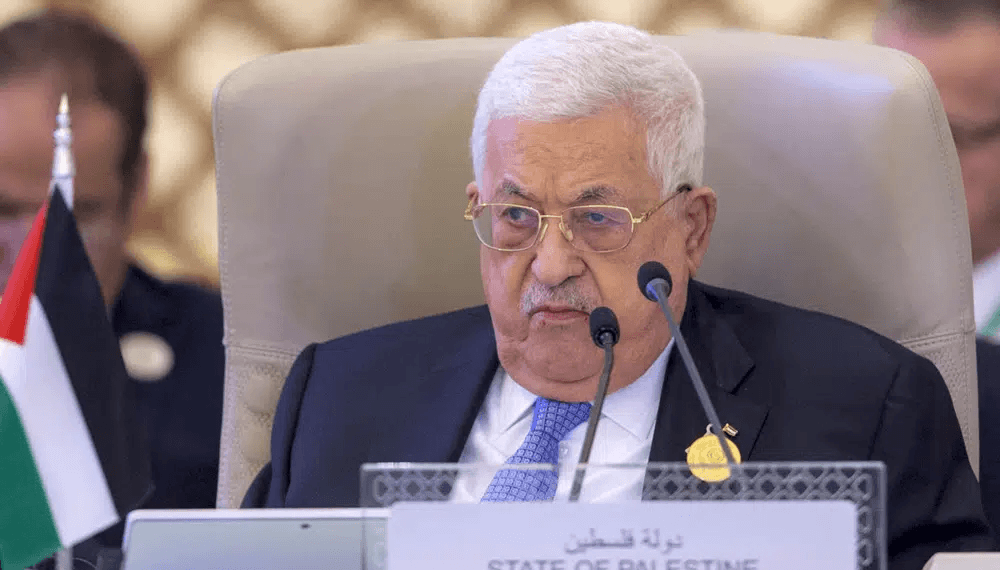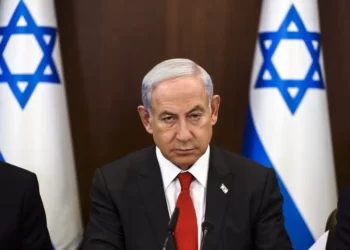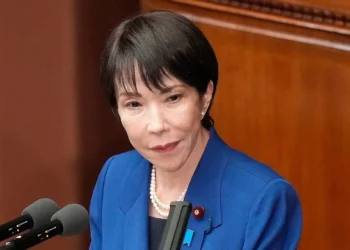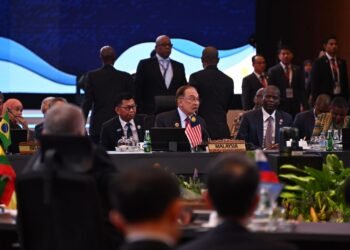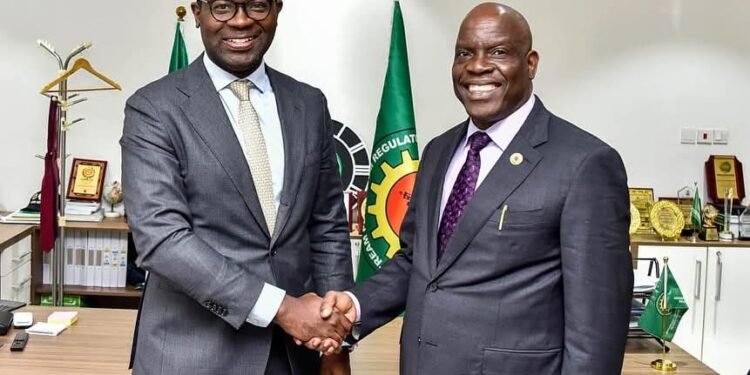The leaders of six countries, including France, have moved to recognise Palestinian statehood, bringing the total number of recognitions to three-quarters of UN membership.
The recognition of Palestine by France and five other states played out on the floor of the UN General Assembly as France and Saudi Arabia co-chaired a summit to discuss the future of a two-state solution, a road map to peace that Israeli Prime Minister, Benjamin Netanyahu has declared a dead-end.
Aside France, Monaco, Belgium, Andorra, Malta and Luxembourg all recognised Palestine.
The additional countries recognising Palestine now join some 147 of the 193 UN member states that had already formally recognised Palestinian statehood as ofApril this year.
President Emmanuel Macron announced France’s official recognition of the State of Palestine, saying, “The time has come to do justice for the Palestinian people and thus to recognise the State of Palestine in Gaza, the West Bank and Jerusalem.”
“It falls on us, this responsibility, to do everything in our power to preserve the possibility of a two-state solution. Today, I declare that France recognises the state of Palestine.”
Emmanuel Macron
Macron, in his speech to the summit, also outlined a framework for the creation of a “renewed Palestinian Authority.” The post-war framework envisages an International Stabilisation Force (ISF) that would assist in preparing the Palestinian Authority (PA) to take over governance in Gaza.
Australia, Canada, Portugal and the United Kingdom, which formally made the move to recognise Palestinea day earlier, also spoke at the meeting.
Israel and the US, which are becoming increasingly isolated internationally on the issue, boycotted the summit.
Israel’s UN Ambassador, Danny Danon, derided the session as an “embarrassing political circus” and the US has warned its allies that the recognition of Palestine could lead to a “reciprocal” Israeli reaction, setting the scene for a major diplomatic crisis as world leaders meet in New York for the 80th anniversary of the UN.
Israel has warned that it might respond to the recognition of Palestine by annexing the West Bank, citing claims from Hamas that recognition by allies of Israel was a victory for the terror group.
With more than 80 percent of the international community now recognising the state of Palestine, diplomatic pressure has ramped up on Israel as it continues its genocidal war on Gaza, where more than 65,300 Palestinians have been killed and the has been enclave turned into rubble.
Spain, Norway and Ireland recognised Palestinian statehood last year, with Madrid also imposing sanctions on Israel for its war on Gaza.
Speaking at the summit, UN Secretary-General, Antonio Guterres reiterated his support for the two-state solution, framing it as the only viable path towards peace after years of failed negotiations and ongoing violence.
Guterres said that statehood for Palestinians “is a right, not a reward,” rejecting US and Israeli claims that it was a reward for Hamas.
He asserted that nothing can justify the horrific 7 October terror attacks by Hamas or the taking of hostages and nothing can justify the collective punishment of the Palestinian people.
“Nothing can also excuse developments in the West Bank that pose an existential threat to a two-state solution.
“The relentless expansion of settlements, the creeping threat of annexation, the intensification of settle violence – all of it must stop.”
Antonio Guterres
Analyst Sees Practical Support To Palestinian Cause
Sultan Barakat, a Professor at Hamad Bin Khalifa University in Qatar, said that Palestinian recognition goes beyond symbolism, and represents “some real, practical support to the cause of Palestine.”
PA President Mahmoud Abbas commended the countries that had recognised Palestine. He made his statement to the conference by video because he was denied a visa by the administration of US President Donald Trump to attend the UN General Assembly this week.
Abbas said, “We call on those that have not yet done so to do so to follow suit,” adding that the PA also demanded “support for Palestine’s full membership in the United Nations.”
Although the vast majority of UN member states now recognise Palestinian statehood, new UN member states must have the support of the UN Security Council, where the US hasused its vetoto block Palestine from becoming a full UN member state.
READ ALSO:Ghana Reaffirms Nuclear Energy Commitment at IAEA Conference

